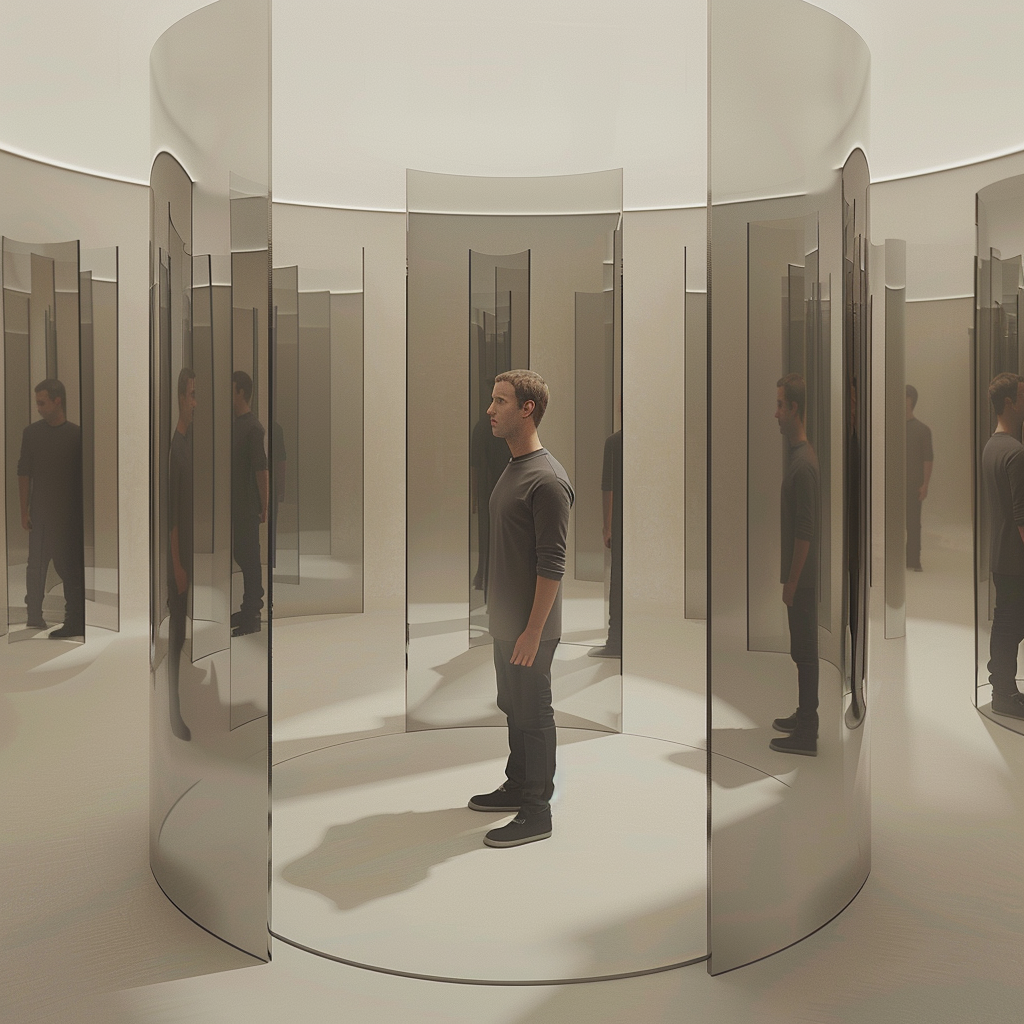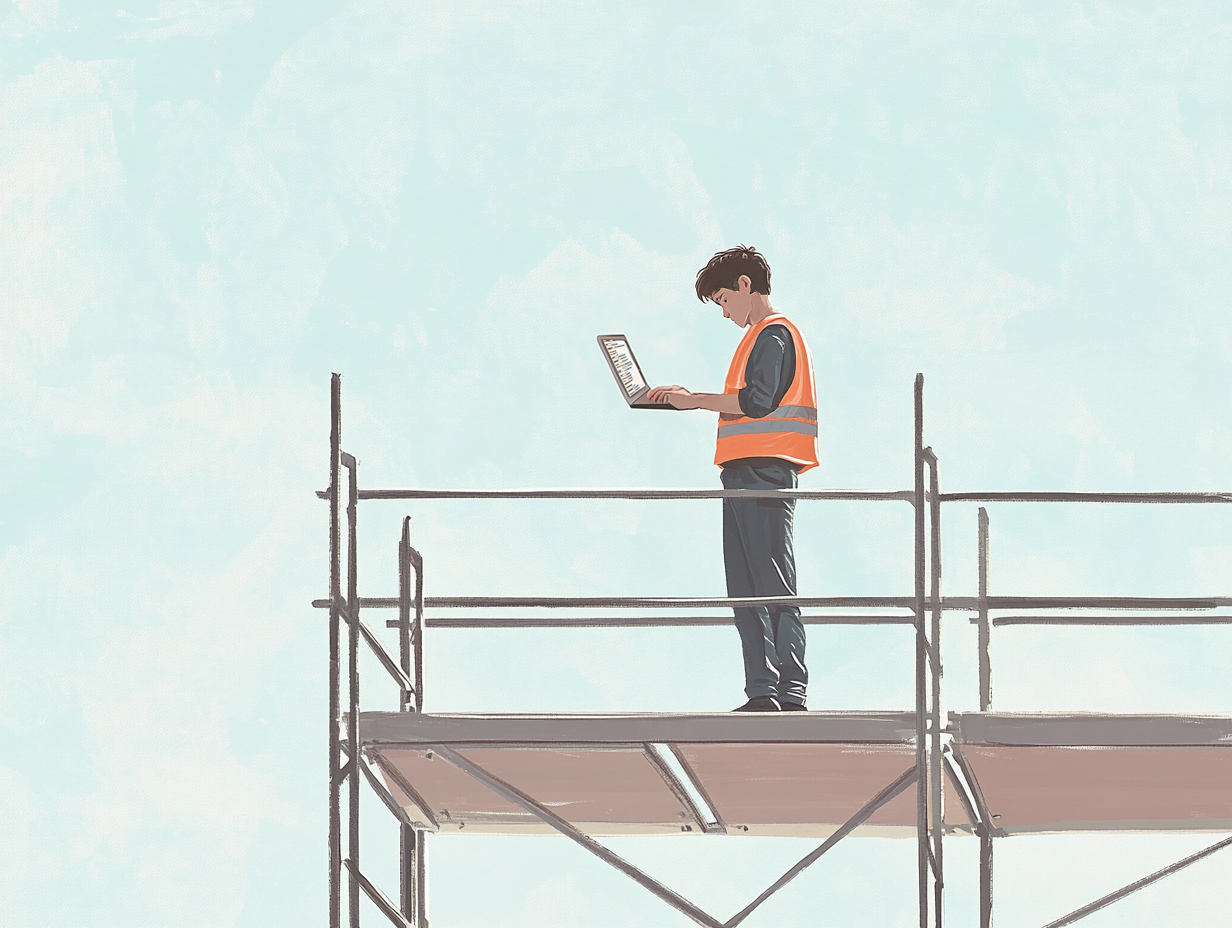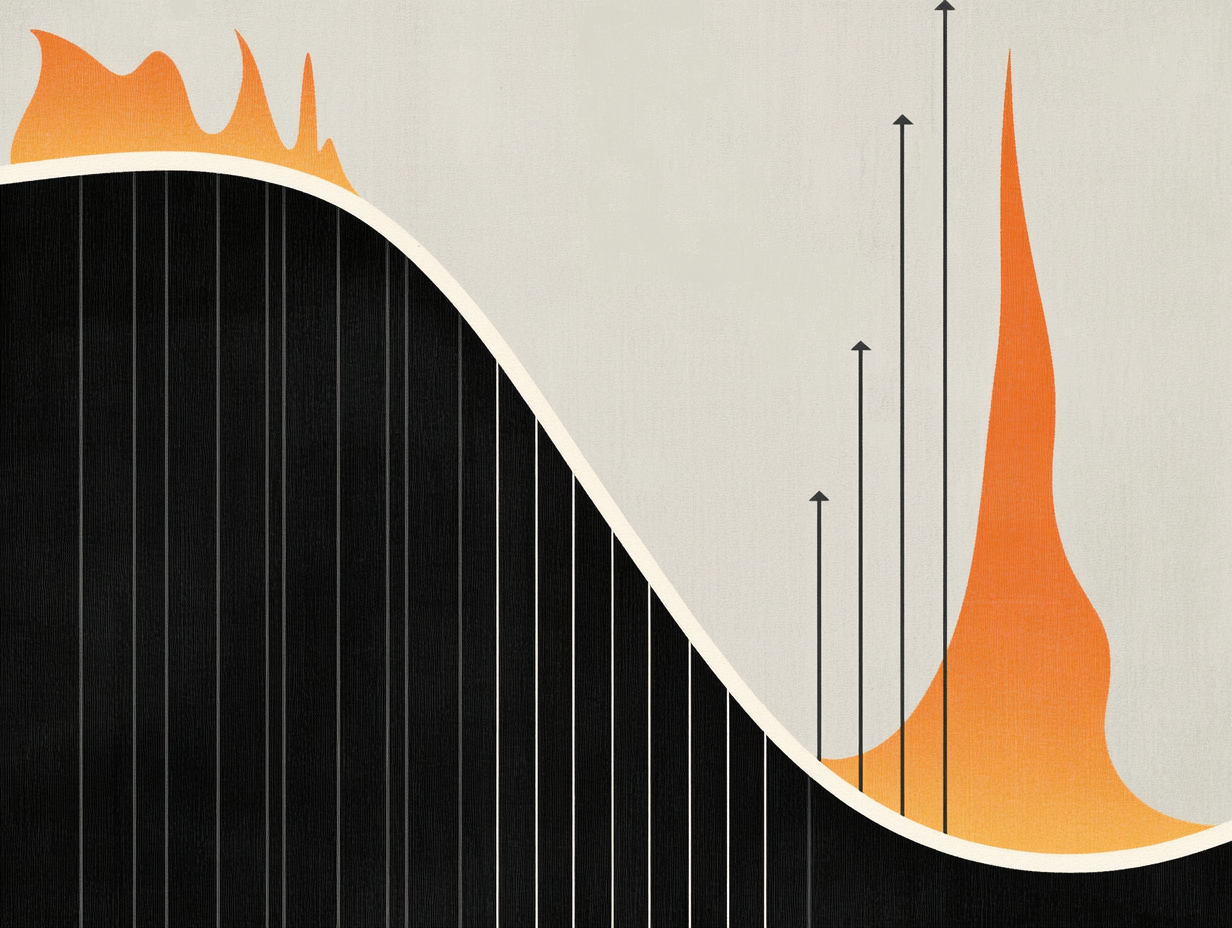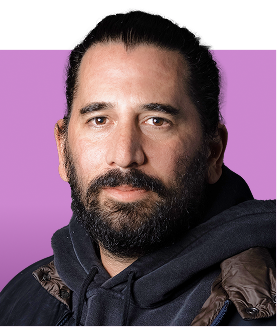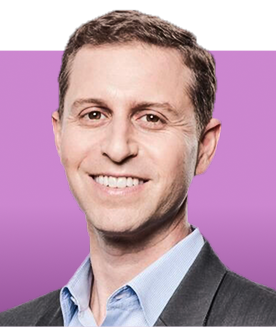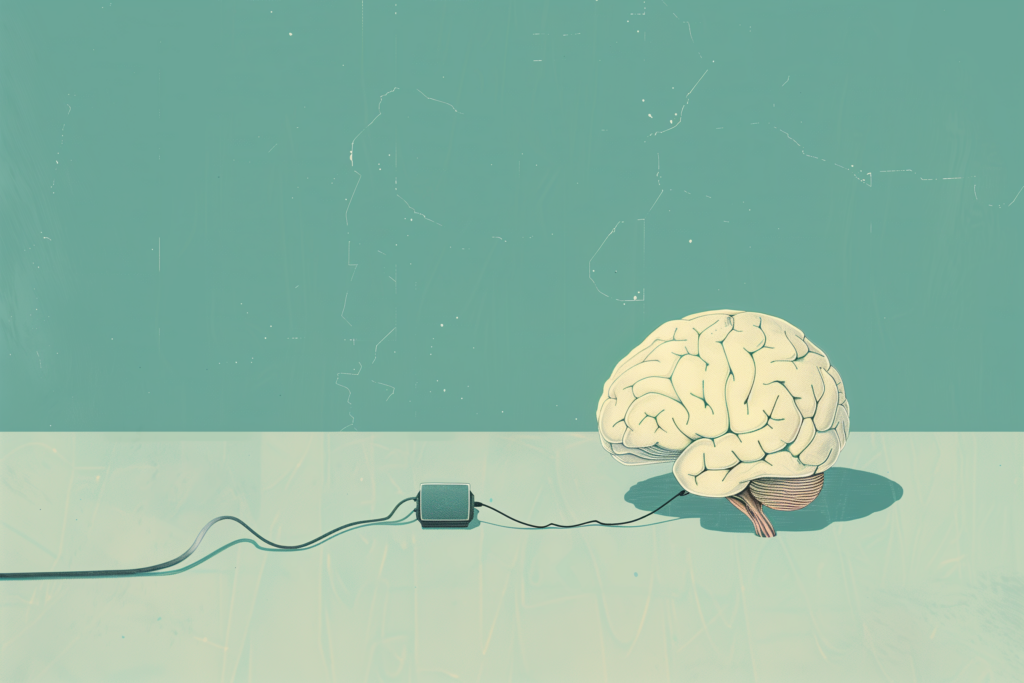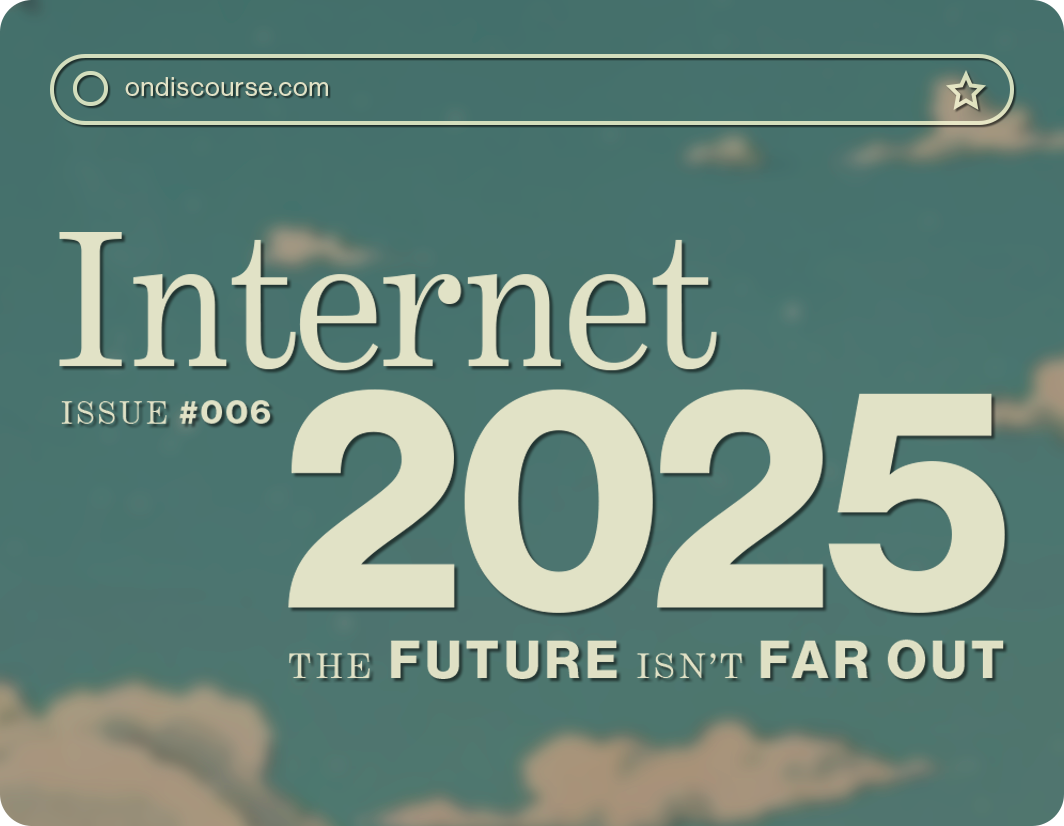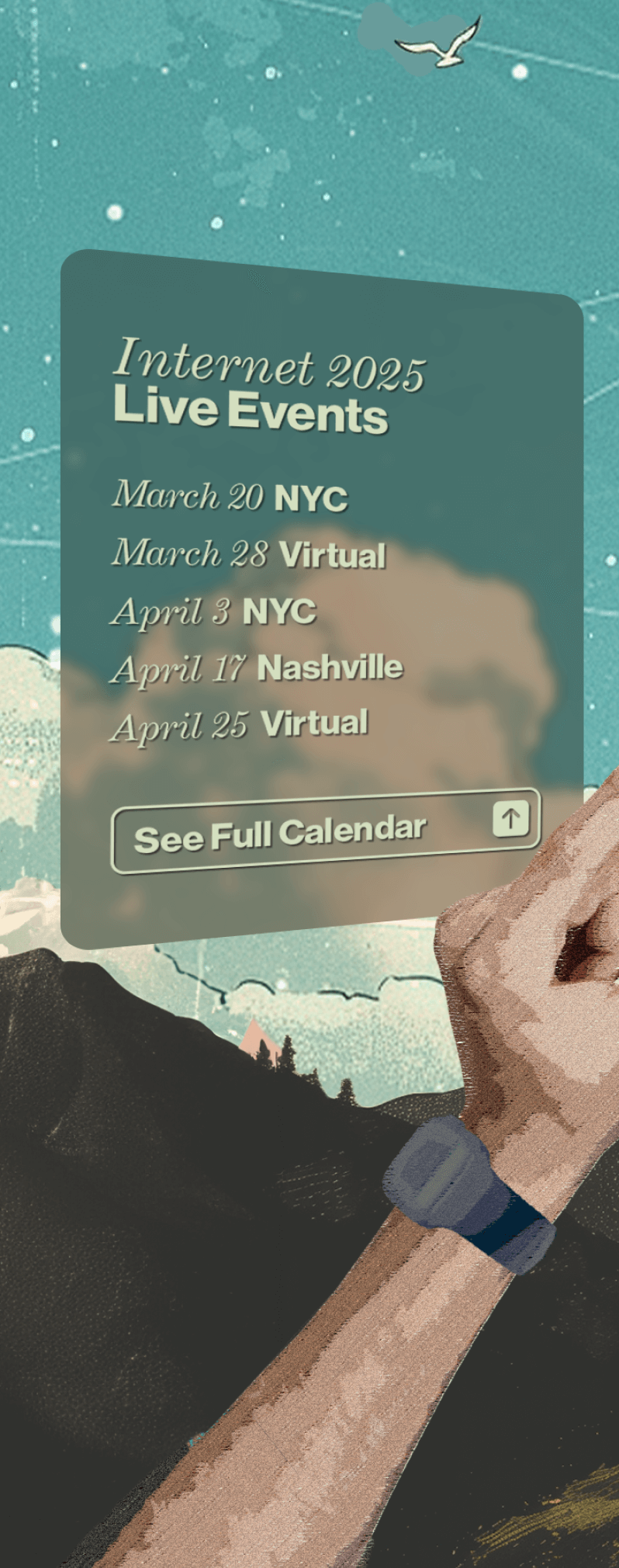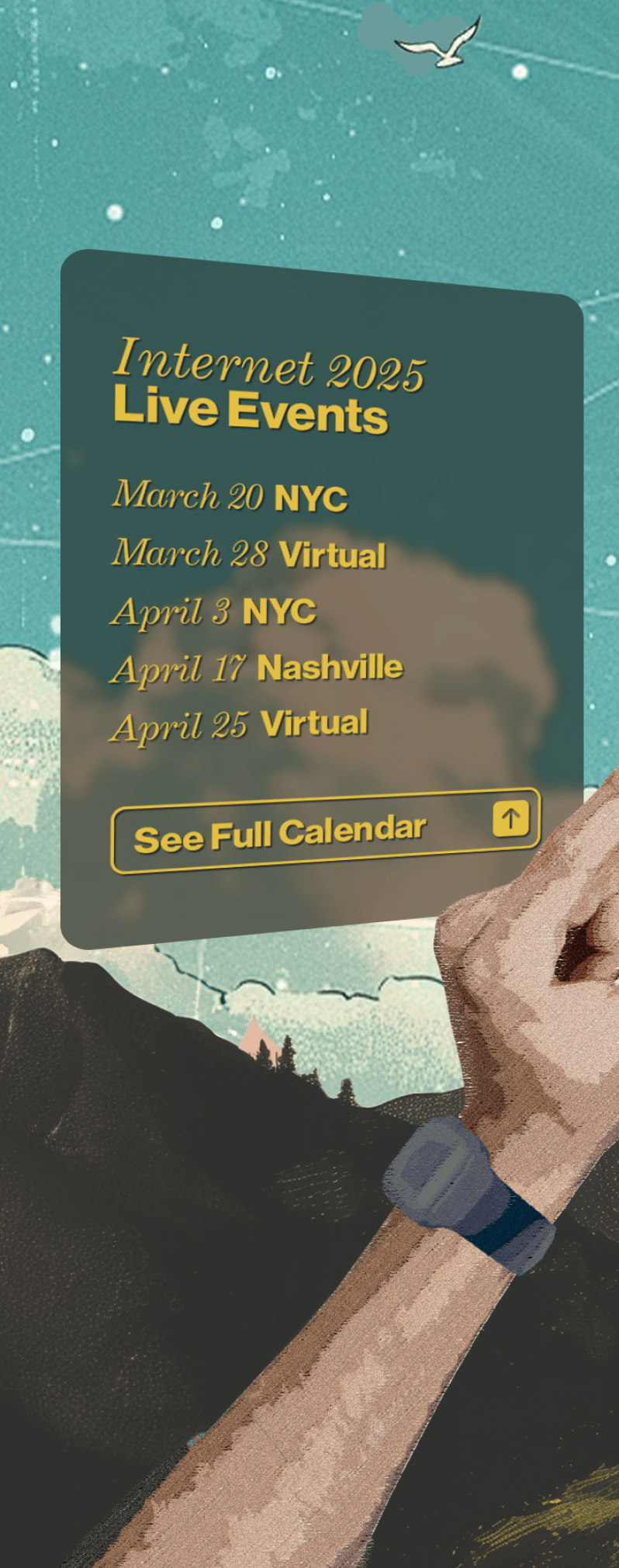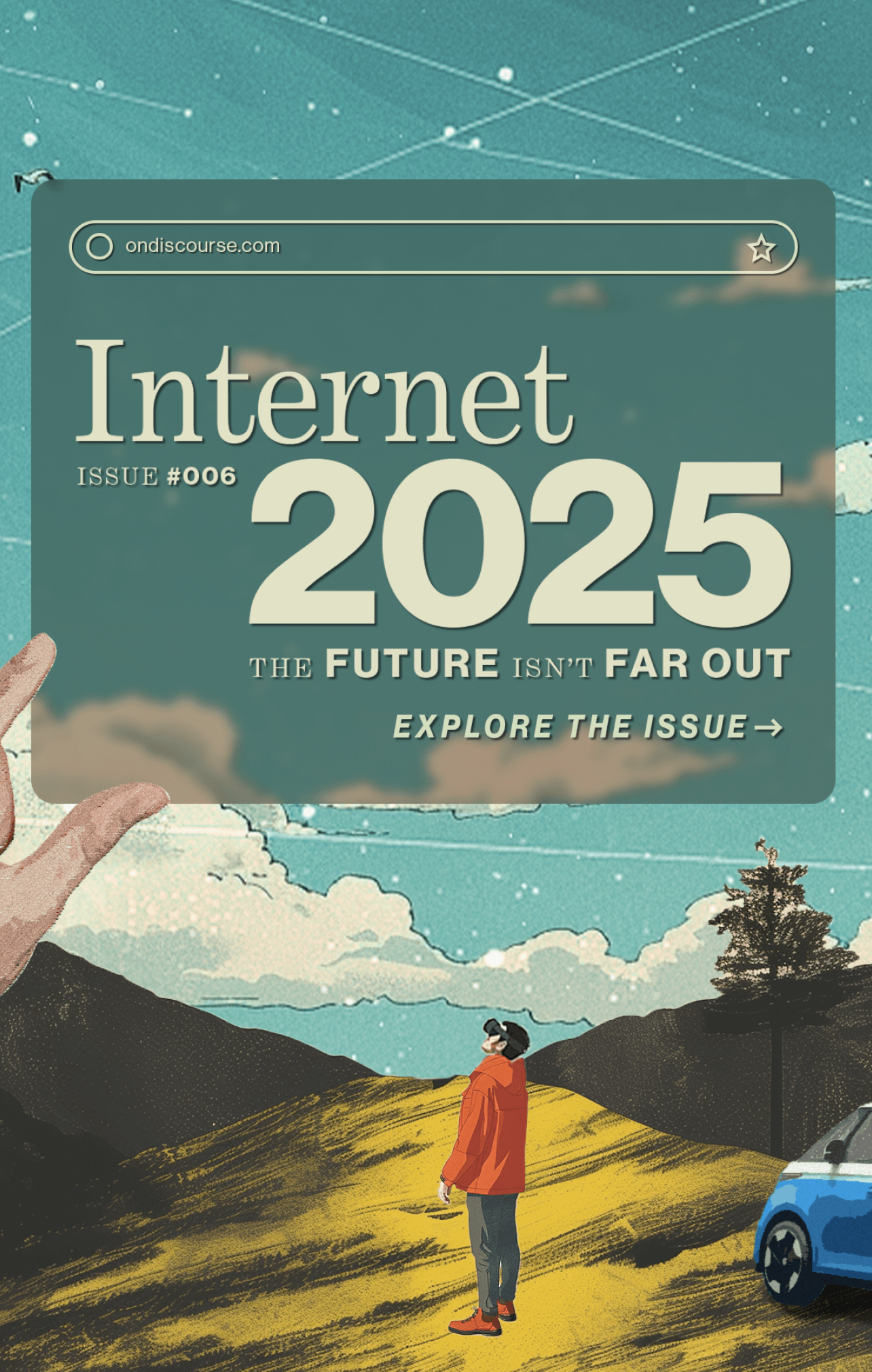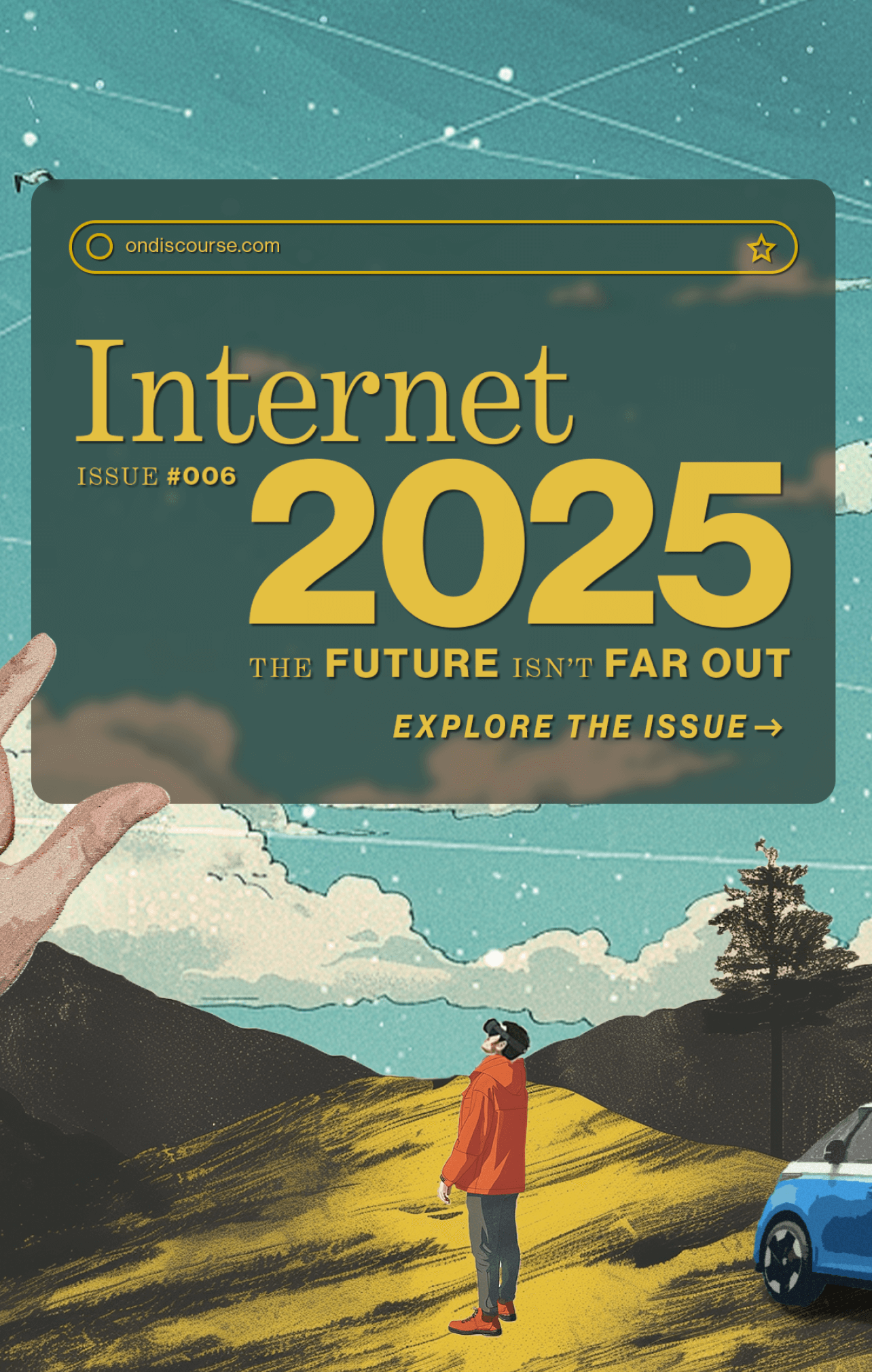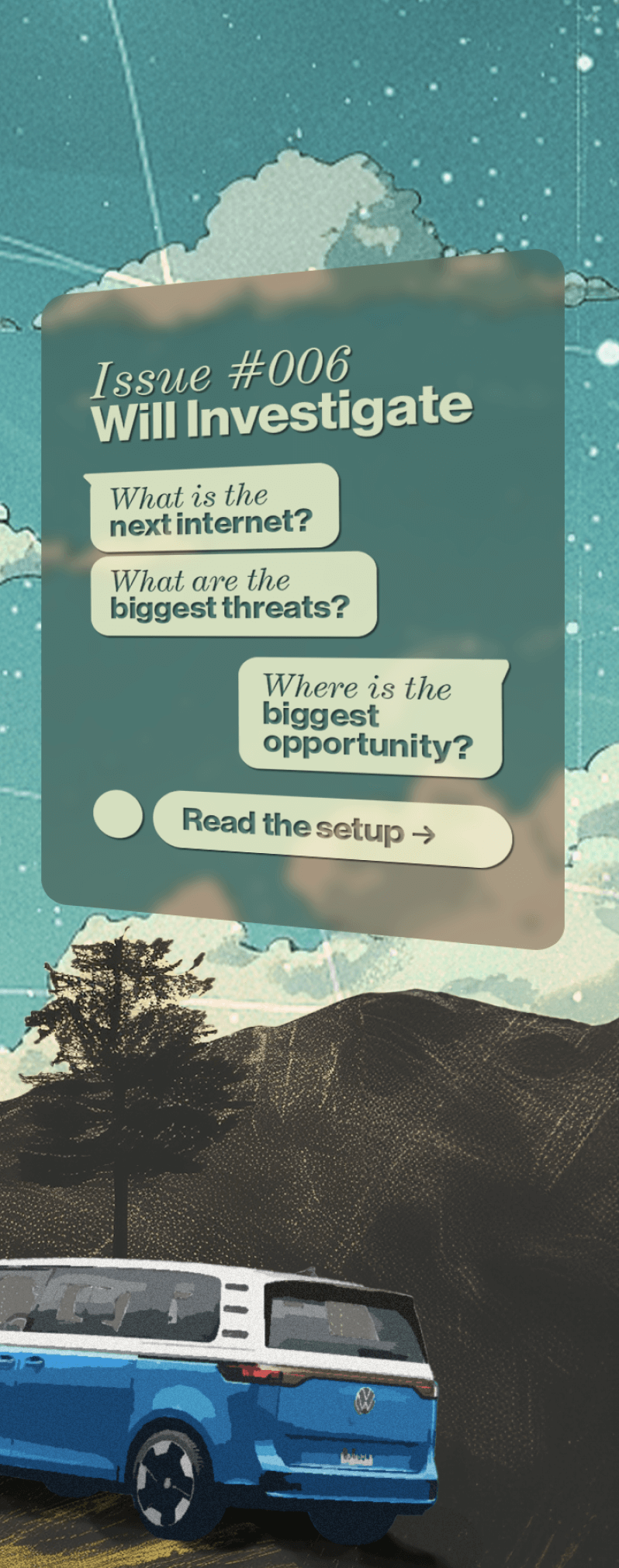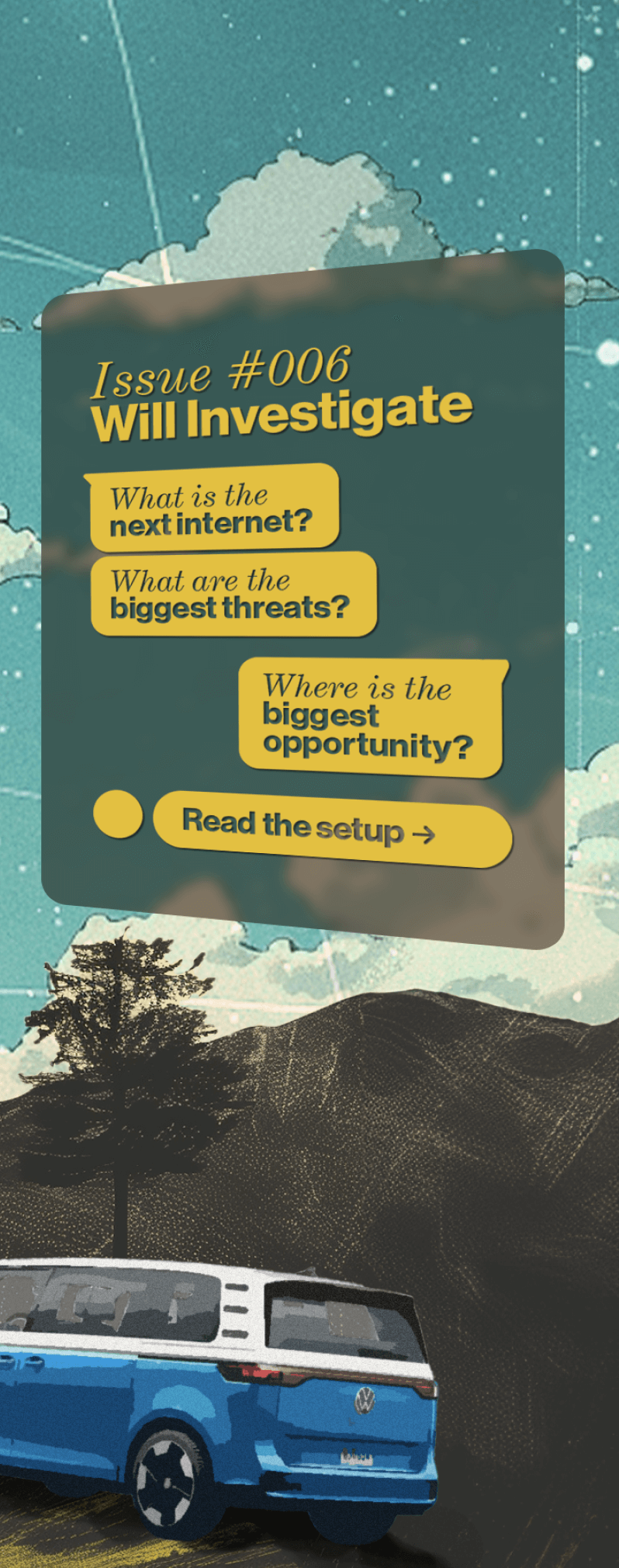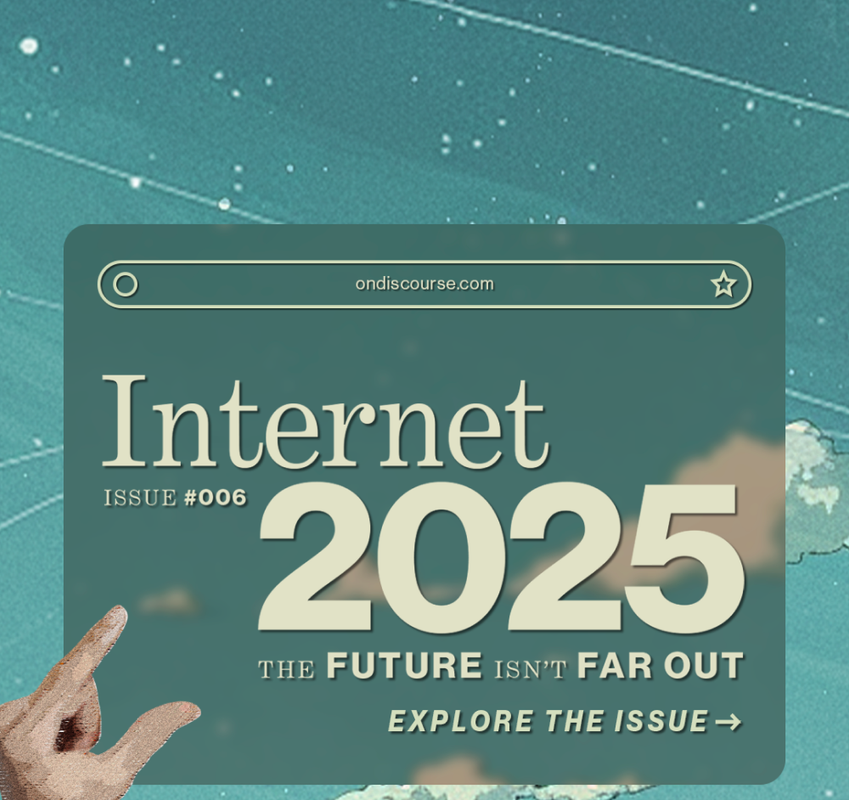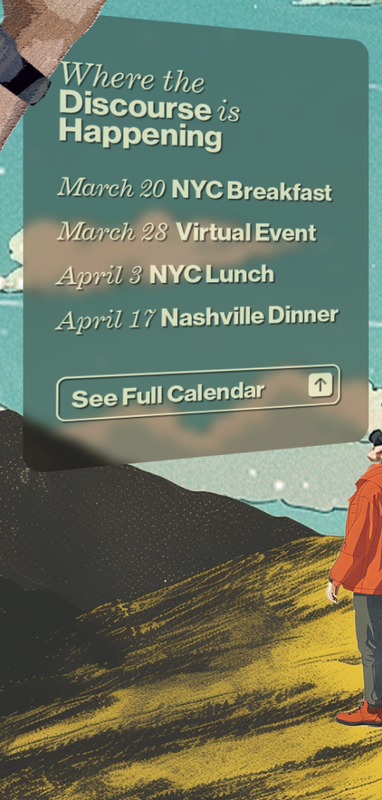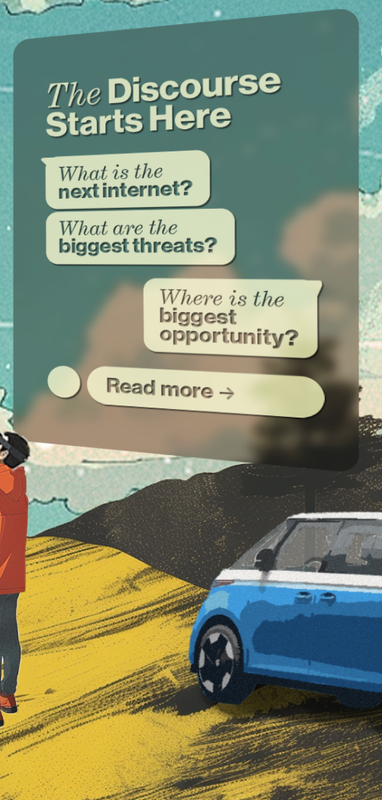You Just Haven't Noticed Yet
Gen Z isn’t coming for the internet. They’re rebuilding it from scratch. And most of us haven’t noticed.
Editor’s Note: Our Network Has Range — And That’s Our Edge.
Yes, our members bring decades of experience. They’ve shaped industries, navigated disruptions, and steered through hype cycles that most people only read about. That depth is our advantage. But even the sharpest minds risk repetition if they only talk to themselves.
So here’s our first deliberate attempt to break pattern. Not because we’re stale—but because staying sharp means letting in noise, disagreement, and the unexpected. This is how we stretch, and how we stay vital.
Every now and then, a conversation hits differently, flips your expectations, and reframes how you think about the future.
That happened during a recent group chat when two teenage AI builders joined a session with a handful of founders, technologists, and operators. They weren’t there to be interviewed. They were there to discuss their relationship to AI.
Here is the answer: they are too busy building to have a relationship with AI. They are already deploying. Already iterating. Already outpacing the roadmap most of us are still trying to draw.
What followed was less of a panel and more of a live feed from the future.
We’ve been talking for months about “who’s building what.” What became clear in this moment was that the most compelling builders might not be in your network yet. They might not be pitching VCs. They might not even be out of high school.
But they are building. Faster than you think.
Toby Daniels
Co-Founder, ON_Discourse
They Build Without Permission
The first signal wasn’t what they were working on. It was how.
There was no talk of accelerators or incubators. No LinkedIn-friendly “I’m thrilled to announce…” posts. Just an explanation of how one of them reverse-engineers Upwork job listings to generate MVPs in minutes using AI tooling—and sends a finished product with their pitch before anyone else even replies.
Here’s how they described it:
“I find people on Upwork who describe what they want. I feed it to an AI coding platform. It builds the project. I record a Loom video showing it working. Then I send it with my proposal.”
What sounded like a hustle was, in fact, a paradigm shift. A redefinition of what it means to be a product builder. Not someone dreaming about solutions—someone shipping them before the request is even accepted.
We often say, “Move fast and break things.” They move faster. And they’re not interested in breaking anything. They’re too busy building what’s next.
Discover more discourse directly in your inbox.
Sign up for the ON_Discourse Newsletter.
Their Stack Changes Every Day
Ask how they’re learning and the answer isn’t courses or curricula. It’s real-time community—Twitter, forums, Discord, tutorials, builder blogs.
“I follow people who build in public. If they show a tool, I try it. If they use a method, I copy it. Then I break it. Then I rebuild it.”
The developer stack that used to take years to learn is now learned through vibe and repetition. Cursor, Lovable, Vercel, Superbase—these are not platforms they’re discovering. They’re the default environment.
What they lack in credentials, they make up for in cadence. What they lack in polish, they replace with speed.
They don’t care about enterprise readiness. They care about whether it works. Whether it ships. Whether it scales to the next test.
They Think About Trust Very Differently
We asked a basic question: What platforms do you trust for information—Google, Reddit, TikTok, or ChatGPT?
One answered:
“I don’t really trust any of them. They’re all collecting data. You just have to use a few, cross-check everything, and rely on some common sense.”
Then came this line, casually delivered and absolutely unforgettable:
“If there’s anyone you should trust the least, it’s yourself.”
This wasn’t cynicism. It was a working theory of intelligence. A worldview shaped by systems thinking, fast iteration, and feedback loops. They trust outputs only as far as they can validate them—and that includes their own.
This is not a generation raised to believe they’re right. It’s a generation raised to test their assumptions. Repeatedly.
They Are Rewriting the Internet
When asked to imagine what the internet will look like in ten years, one of them didn’t hesitate.
“You won’t need the internet. You’ll just talk to your own AI assistant. Like Jarvis. It will do everything for you.”
Not a prediction. A prototype. They’re already building around this idea—browserless agents, custom assistants, interfaces built on prompts, not clicks.
Where older generations grew up navigating websites, this generation is replacing that cognitive framework entirely. They’re not refining the internet—they’re redesigning it.
And what they imagine feels far less like a user interface and far more like an extension of themselves.
They’re Building Games as Funnels and Writing Code as Culture
One of the more surprising moments came when one shared a recent project: a simple browser game tied to a current event. Fast-paced, made in Cursor, deployed in a day.
What made it interesting wasn’t the gameplay. It was the logic behind it.
“After people play the game, I ask them to enter their email to be added to the leaderboard. That’s how I grow the list for my newsletter.”
It was a loop: event > game > lead capture > distribution > repeat.
It wasn’t a startup. It wasn’t even a product. It was a funnel disguised as fun, and a signal of how deeply embedded systems thinking has become in how they build—even when the projects feel light, fast, or playful.
This Is Already Happening. Now What?
These moments add up to a clear truth: the next version of the internet isn’t being debated on panels or whiteboarded in boardrooms. It’s being built by a generation that doesn’t see the old structures as sacred.
They are building agents, not apps.
They are deploying experiences, not websites.
They are moving through rapid, recursive loops of experimentation and iteration.
And they are doing it without waiting for a job title, an invite, or a budget line.
That’s not something to fear. That’s something to learn from.
If we want to understand where the internet is going, we have to look outside the usual circles. The next generation is already inside the machine, modifying the blueprint, rewriting the rules—and doing it faster than we think.
They aren’t just using AI. They’re shaping it.
They aren’t just consuming the internet. They’re rebuilding it.
And if we’re paying attention, we can meet them there.


